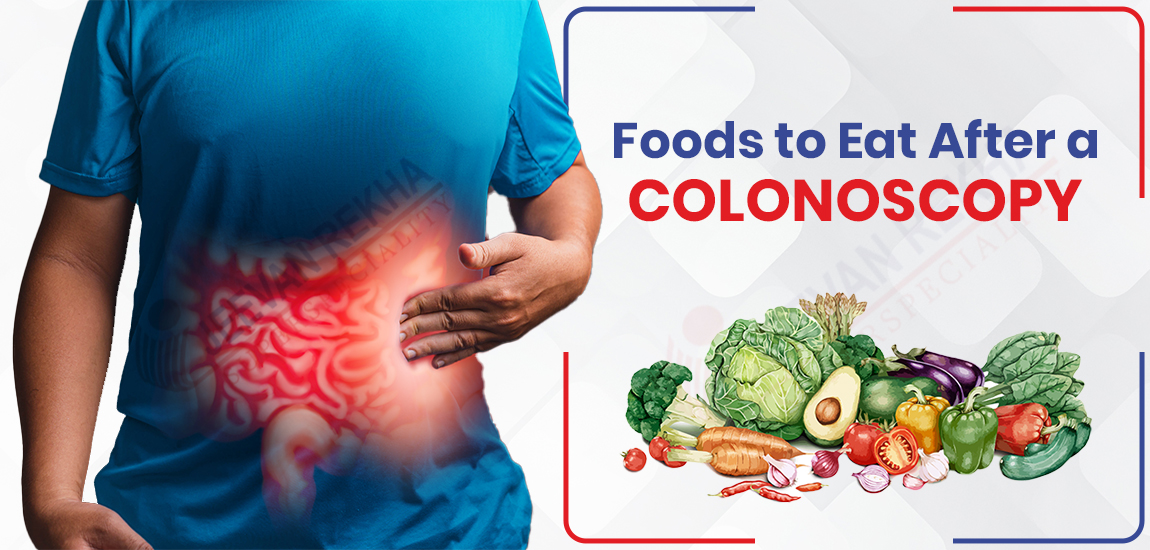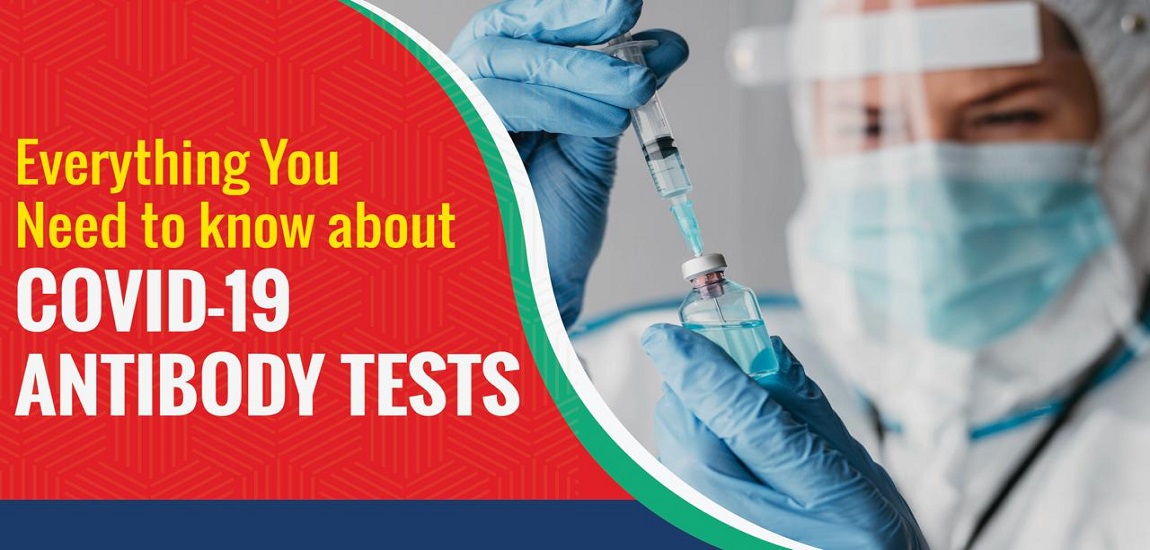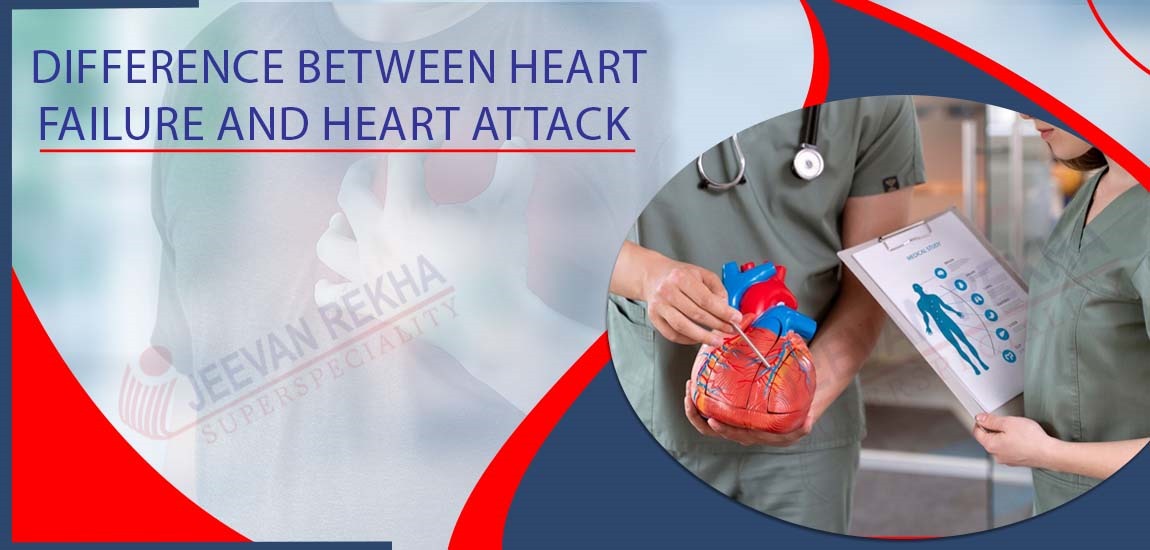
- By JRSH Admin
- In Health and Tips,
- Posted May 03, 2023
What Foods to Eat After a Colonoscopy: 12 Foods to Eat
A doctor might advise you to restrict your food intake or avoid eating at all in the hours following a colonoscopy. A soft or liquid diet with little residue may be recommended.
A colonoscopy is a screening procedure that is typically carried out while the patient is under a nurse's or anesthesiologist's deep sedation. It is used to find polyps and colorectal cancer, two possible colon health issues.
After the procedure, it's crucial what you eat and drink. Rehydrating yourself is important because the procedures you underwent to prepare for the colonoscopy caused dehydration.
You'll be instructed to consume plenty of fluids the rest of that day and the day after, as well as soft, easily digestible foods that won't aggravate your colon.
Everybody is different, but generally speaking, these dietary precautions are only necessary for one day. If your body cannot handle returning to your regular diet right away, eat soft and liquid-based foods for one or two days.
What is a colonoscopy?
According to Johns Hopkins Medicine, a colonoscopy is an operation where a doctor examines the interior of your colon. A colonoscopy requires you to drink only clear liquids the day before, as well as to take laxatives to empty your colon.
According to Johns Hopkins Medicine, during the actual procedure, your doctor will put you under anesthesia and then insert a thin tube with a camera at the end into your rectum and through your colon to look for any health issues like abnormal growths, bleeding, ulcers, and indications of cancer or gastrointestinal disease.
UCLA Health estimates that the entire procedure takes about 30 minutes. After that, you'll spend some time in the recovery area talking with your doctor about any results before being allowed to go home and eat. For top-notch medical care and procedures like this, the best hospital in Jaipur can offer expert services and a comfortable recovery experience.
Foods to Eat:
1. Vegetables
The day before a colonoscopy is the best time to plan your meals. Vegetables can also be eaten when they have been sauteed, baked, or steamed. After a colonoscopy, one should refrain from eating spicy curries or fried vegetables. Vegetables must be tender in order for the body to properly digest them; otherwise, they may cause digestive issues.
2. Jarred fruit
Fruits in jars or cans, such as peaches and pineapples, are excellent soft foods to eat following a colonoscopy. Fruits should ideally still have their peels on. You can also consume raw apples, but make sure they are free of peels. Following a colonoscopy, you can eat pears and all other soft fruits, including bananas.
3. Scrambled eggs
Soft scrambled eggs are a great post-colonoscopy food because they are a rich source of protein. Milk, pepper, and cheese shouldn't be consumed at this point because they can irritate the digestive system. Furthermore, avoid adding a lot of salt and pepper to scrambled eggs as this can hinder the healing process.
4. Pudding
Both gelatin and custard gelatin are approved foods after a colonoscopy. These foods are gentle and will not irritate the digestive tract. These foods and jellies are also safe to eat following a colonoscopy.
5. Soup
Following a colonoscopy, patients should consider chicken soup and mild soups like tomato and sweet corn. Nevertheless, make sure the soup isn't spicy and that it doesn't contain any barley. It would also be beneficial if you avoided eating hot soups.
6. Applesauce
Easy-to-digest fiber is present in applesauce. Due to its low fiber content, this sauce shouldn't cause digestive discomfort after a colonoscopy. Sugars that will aid in regaining energy are also present. Apple sauce also has pectin, which helps to stop diarrhea after a colonoscopy.
7. Whitefish
If you are a fish lover who cannot go more than a few days without it, whitefish is fantastic. Whitefish, which is typically tender, is a good option following a colonoscopy. Whitefish can sate the stomach and taste buds while having fewer calories. Fatty fish should be avoided after a colonoscopy.
8. Mashed potatoes
Foods like mashed potatoes are extremely delicate, only need a few ingredients, and are simple to make. The best post-colonoscopy food is mashed potatoes, which you should have at every meal. Because these ingredients are bad for the digestive system, mashed potatoes should only have a small amount of salt and little to no cream.
9. Smooth Nut butter
Nut butter is simple to process following a colonoscopy. However, patients should stay away from chunky nut butter and choose a smoother variety instead. You can quickly finish this butter by spreading it on bread or other foods. Steamed vegetables and soups can be garnished with nut butter. They can also be blended with salad dressings.
10. Herbal tea
Herbal teas are dietary supplements that can ease digestive discomfort or aid in the digestion of food after a meal. Herbal teas are simple to make and can be drunk immediately after preparation. However, individuals who have had a colonoscopy should maintain a constant temperature rather than boiling.
11. Drinks with electrolytes
You can keep your electrolytes to replenish your body's electrolytes if you don't like the taste of water. Many sports drinks have electrolytes in them, making them suitable for use by people who have had colonoscopies. It will be best to maintain a moderate amount.
12. Vegetable or fruit juice
People often choose fruit or vegetable juices as a combination drink to replenish their electrolytes and add a few extra nutrients to their diets. These juices from fruits and vegetables have an adequate amount of fiber, nutrients, and other ingredients to support healthy digestion and interaction with the digestive tract.
Foods to Avoid:
Even though a colonoscopy only takes a few minutes, your body might still need some time to recover. This is due in part to the procedure itself and in part to the bowel preparation you underwent before it.
Avoiding foods that are difficult to digest the following day is beneficial for healing. This includes anything that could cause bowel irritation, such as spicy foods and foods high in fiber. After general anesthesia, eating fatty, heavy foods may make you feel more queasy.
During the procedure, air is injected into the colon to keep it open. It's possible that this will cause you to pass more gas than usual afterward. If so, you might want to avoid carbonated beverages because they cause your system to produce more gas.
Your doctor might suggest different eating habits if you had a polyp removed. Among them is a two-week extension on the prohibition of foods like popcorn, seeds, and nuts.
Following your colonoscopy, you should refrain from eating and drinking the following:
- Alcoholic drinks
- steak or any other tough, difficult-to-digest meat
- full-grain bread
- crackers made from whole grains or those containing seeds
- fresh vegetables
- corn
- legumes
- brown rice
- fruit that still has its skin
- like raisins, dried fruit
- coconut
- foods that are heavily seasoned with spices like red pepper, curry, and garlic
- crunchy nut butter
- popcorn
- fried food
- nuts
When you can eat?
Following a colonoscopy, you can eat whenever you are ready. The National Institute of Diabetes and Digestive and Kidney Diseases (NIDDK) reports that the majority of people resume their regular eating routines within a day of having a colonoscopy.
Read Also: Ulcerative Colitis: Symptoms, Causes, Treatment, and Prevention
It might take some time before you feel hungry if you have any nausea or other general anesthesia side effects.
When to start eating and how to manage any side effects of a colonoscopy are things that your doctor and medical staff can help you with.
Colon health tips:
The digestive system must include the colon. Colonoscopies should be performed approximately every ten years starting at the age of 50 to ensure that no issues exist. Some people might need to go through more testing.
It's critical that someone maintains good colon health in between screenings. Since colon cancer is frequently preventable, it is rare for it to run in families.
- the adoption of a healthy lifestyle
- maintaining an underweight BMI
- eating nutritious food
The following elements have been linked to the development of colon cancer, according to research:
- increased insulin levels
- consuming a lot of refined sugar
- obesity
- excess belly fat
- low-fiber diets
Foods containing: should be avoided by consumers.
- increased saturated fat
- large sugar consumption
- red meats
- processed meats
Instead, people ought to choose a healthy way of life. The risk of colon cancer increases with tobacco use and excessive alcohol consumption. Exercise is crucial for good health in general and can significantly lower the risk of colon cancer.
Tags
Blog Search
Latest Posts
-
Mild Heart Attack: How Serious Is It?
February 19, 2026 -
Skin Ulcers Uncovered: Causes, Types, Symptoms, and Healing Options
January 13, 2026 -
Is Coconut Water Safe During Pregnancy? Benefits, Risks & Myths
January 08, 2026 -
Dark Circles Under The Eyes: Causes, Home Remedies and Treatments
December 21, 2025 -
बर्ड फ्लू के लक्षण, कारण, उपचार और बचाव के उपाय जानें
December 04, 2025




